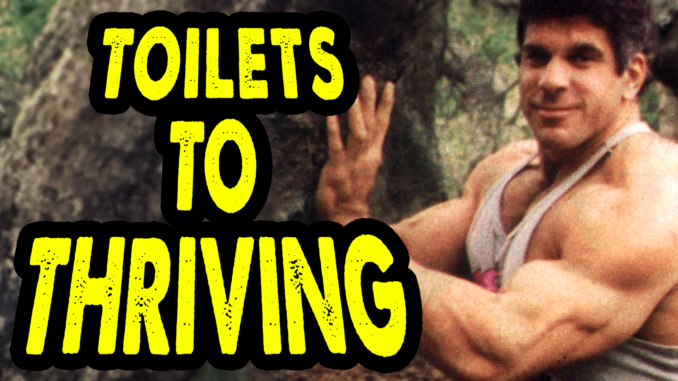
A Tale of Transmutation: Lou Ferrigno’s Odyssey Through Shifting Fortunes
From the fateful November of 1975 to its counterpart in 1977, the life of Lou Ferrigno emerged as a narrative tapestry woven with threads of resilience, serendipity, and the capriciousness of fate. This temporal span encapsulated a metamorphosis, a transmutation of circumstances that mirrored the nuanced complexities often elucidated in the realms of literature. Ferrigno’s journey, akin to a bildungsroman, unfolded against the backdrop of societal expectations, familial dynamics, and the relentless pursuit of dreams.
During the genesis of this chronicle, “Pumping Iron” cast Ferrigno in the role of a burgeoning bodybuilder navigating the turbulent waters of financial constraints. Contrary to the cinematic lens that immortalized his physical prowess, the reality of his circumstances diverged. South Africa, post the Mr. Olympia disappointment, became the crucible where paternal stoicism meted out a decree that resonated with the detached calmness reminiscent of literary protagonists. “Listen, when we go home, I want you to go out and get a real job — I want you out of my house!” The utterance, a fulcrum in Ferrigno’s trajectory, catapulted him into a realm of existential choices and unforeseen possibilities.
In 1976, a paltry sum of $200, earned through a posing gig, manifested as the deus ex machina that transported Ferrigno to the sun-soaked landscapes of California. Here, an unscheduled rendezvous with destiny occurred at Weider’s headquarters, embodying the capricious nature of literary plot twists. In a moment of desperation, Ferrigno’s plea for employment echoed the age-old literary trope of a protagonist beseeching for a lifeline. “I’ll clean toilets at your office- anything- just give me a source of income out here.” Joe Weider, the literary architect in this unfolding drama, deviated from the anticipated script, endowing Ferrigno not with janitorial tasks but with a contract that anchored him in the fertile grounds of California.
Weider’s magazines, akin to the metaphorical pages of a literary bildungsroman, served as the crucible where Ferrigno’s career burgeoned. Connections were forged, and success, like a well-crafted denouement, began to manifest. The climactic zenith arrived in 1977 when Ferrigno, transcending the boundaries of physique exhibition, assumed the role of the Incredible Hulk. Financial winds shifted, and Ferrigno garnered as much as $30,000 per episode, an opulence reflective of the economic zeitgeist.
The synchrony of events, spanning less than two years from the 1975 Mr. Olympia contest to the release of “The Incredible Hulk” pilot in 1977, delineated Ferrigno’s metamorphosis with an allegorical resonance. Much like the literary archetype of David Banner’s transformation into the Hulk, Ferrigno’s evolution traversed realms of physicality, societal expectations, and personal aspirations.
In conclusion, the tale of Lou Ferrigno stands not merely as a footnote in the history of bodybuilding or cinematic endeavors but as a literary exploration of a protagonist navigating the labyrinth of shifting fortunes. His odyssey, a narrative intricately woven with elements of triumph and tribulation, serves as a testimony to the universality of human experience and the perennial allure of narratives that encapsulate the essence of a temporal epoch.
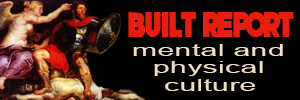
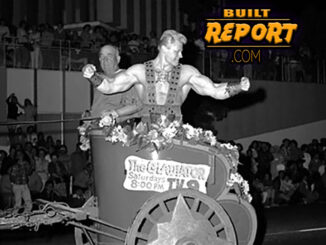
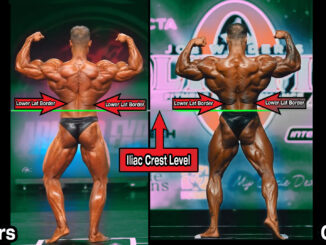
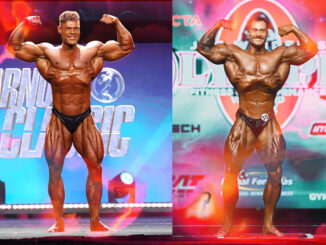
Be the first to comment